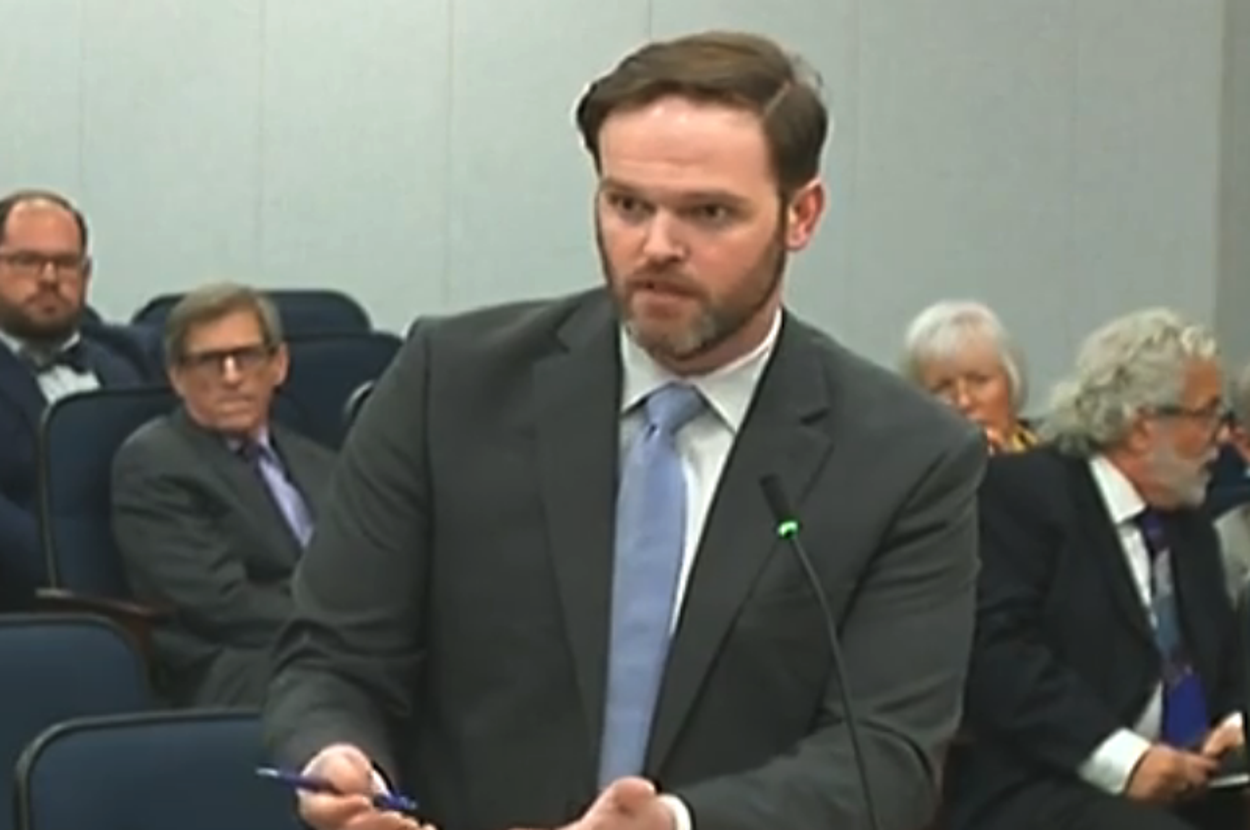In recent legislative developments, a controversial bill aimed at altering key legal principles regarding attorney fees in defamation cases has sparked intense debate amongst members of the legislative committee, including concerns from Republicans. The bill, which is presently under scrutiny by the House’s Judiciary Committee, raises significant questions over its potential effects on legal safeguards that prevent retaliatory or frivolous lawsuits aimed at muzzling critics.
The bill’s contentious nature stems particularly from sections that propose changes to who should bear the burden of attorney fees in lawsuits. Traditionally, each party bears its own costs unless specific conditions are met that warrant a shift in this responsibility. However, the revisions suggested by this bill could ostensibly alter this norm. Some committee members expressed hopes for amendments to refine the bill before it progresses to a more comprehensive review by the full House.
Adding to the complexity, John Harris Maurer, the public policy director for the LGBTQ advocacy group Equality Florida, voiced particular apprehensions about the clarity of certain provisions of the bill which deal with accusations of discrimination against queer individuals. The bill specifically states that in defamation cases, a defendant may not attempt to substantiate their assertions solely by referencing the plaintiff’s scientific views or their “constitutionally protected religious expression or beliefs.” This clause led to some confusion in the legislative discussion, with Maurer highlighting the lack of clarity in the bill’s language that leaves significant room for interpretation, potentially impacting how allegations of discrimination could be legally contested.
Maurer also stressed the broader societal implications of such legislative changes, labeling the bill as “sexist, racist, homophobic, and transphobic.” He argued that the bill, by restricting discourse on such critical societal issues, appears to be politically motivated rather than crafted out of a commitment to justice or societal well-being.
The backdrop to this controversial piece of legislation includes Governor Ron DeSantis, a figure who has been quite vocal about his intentions to reshape the landscape of press freedoms in Florida. Governor DeSantis, who is reportedly gearing up for a presidential bid, has already taken steps that suggest a drift towards more restrictive interactions with the media. Recently, he hosted a roundtable discussion featuring several right-wing figures, which evidently set the stage for this contentious bill.
This legislative move aligns with what seems to be a broader national conversation about media rights and freedom of speech, prompted in part by a series of events and statements from political figures like DeSantis. The implications of such changes are vast, touching on fundamental aspects of democratic engagement, such as freedom of the press and the right to free speech.
Critics of the bill like Ben Block of the First Amendment Foundation expressed disappointment but not surprise at the bill advancing through its initial legislative stages. Block likened the potential consequences of this bill to unleashing an uncontrollable force, highlighting the unpredictable and possibly widespread ramifications of such a law. He points out that even conservative media, who might traditionally support a figure like DeSantis, could find themselves at a disadvantage should they fall foul of these proposed legal changes.
The bill’s passage through its legislative hurdles thus far heralds a possibly significant shift in how defamation and speech are treated legally in Florida. With lawmakers and advocacy groups mobilizing either in support of or against the legislation, and potential amendments on the horizon, the full implications of this bill remain to be seen. More importantly, it may set a precedent that could influence similar legal frameworks in other states, considering the national profile of its proponents and the contentious nature of the issues it addresses.









